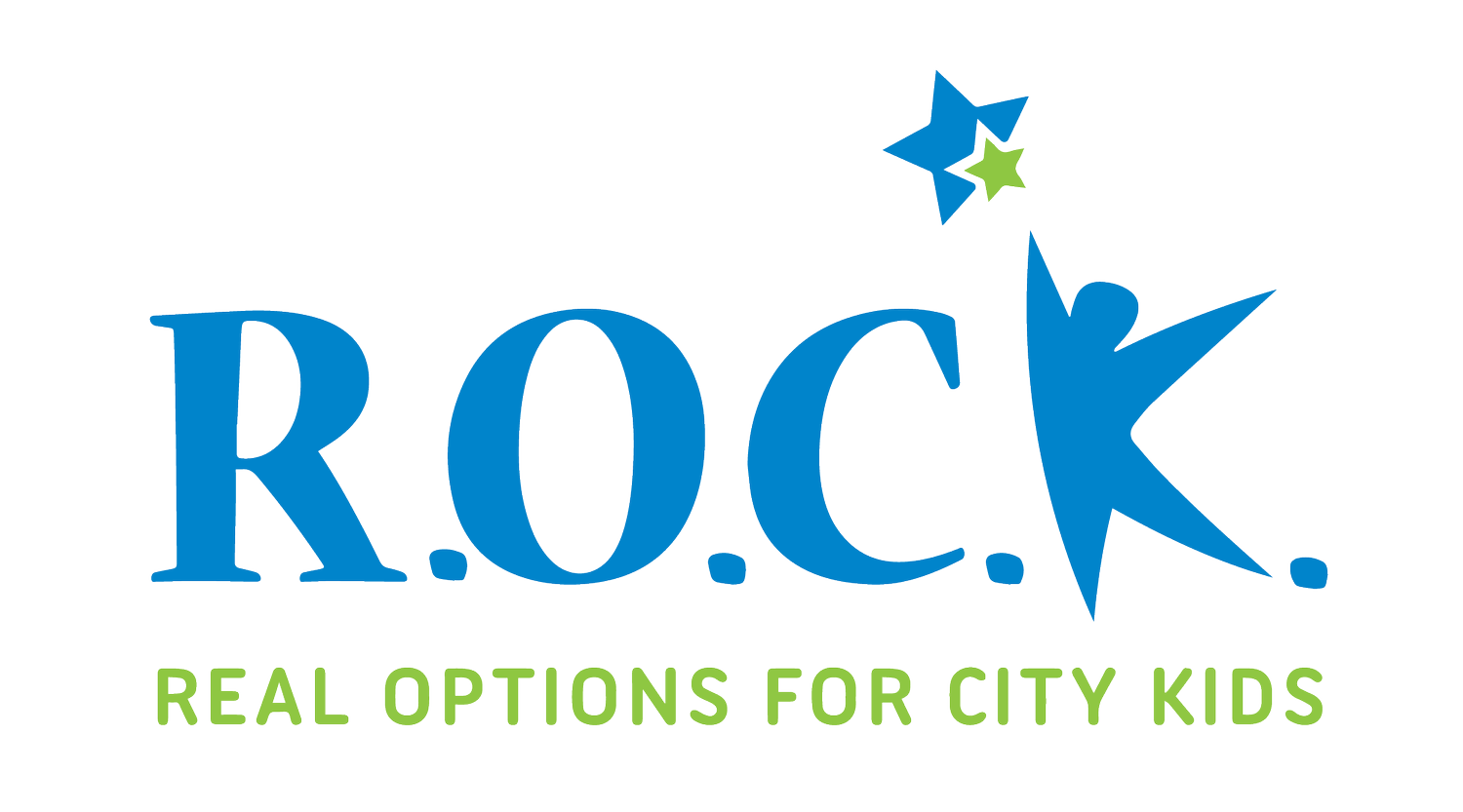
Second - Third Grade
Developmental Characteristics
Physical
Enthusiastic about games
Experiencing improvement in both gross and fine motor skills
Possess a high activity level
Practice to master variations of movement for physical activities
Enjoy games that allow for comparison of skills
Enjoy games that allow for self-f-improvement
Social Emotional
Have a strong drive toward independence
Develop a strong sense of loyalty to friends
Need to belong to a group
Play with and are friends with same-sex peers
Like to take on responsibility
Live in a world of games, rituals and humor inhabited only by children
Like to have a best friend
Have a rigid sense of right and wrong
Need help accepting peers who are different or left out of a group
Cognitive
Like to talk; use language to express feelings/tell stories
Developing a sense of time
Enjoy collecting things
Enjoy problem-solving games like treasure hunts
Can plan and carry out projects with adult support
Becoming more self-directed in activities
Better able to understand and appreciate differences of opinion
What is Happy?
Students reflect on what happiness means to them individually and collectively, then collaborate to create a shared classroom vision of happiness.
The Happy Faces
Students practice empathy by noticing when others need encouragement and offering kindness through symbolic “happy faces.”
Sleeping Dragons
Students practice empathy by guiding a blindfolded peer through a “cave” of obstacles using only one direction each, learning to see from another’s perspective.
Clustergrams
Students build empathy and connection by finding shared experiences and acting them out in groups.
Art and Community Activism
Students explore the concepts of community, activism, and art through discussion and creative collaboration, discovering how art can be a tool for change.
Kindness Puppets
A creative activity where students make feeling puppets to explore and express emotions, empathy, and solutions to everyday problems.










